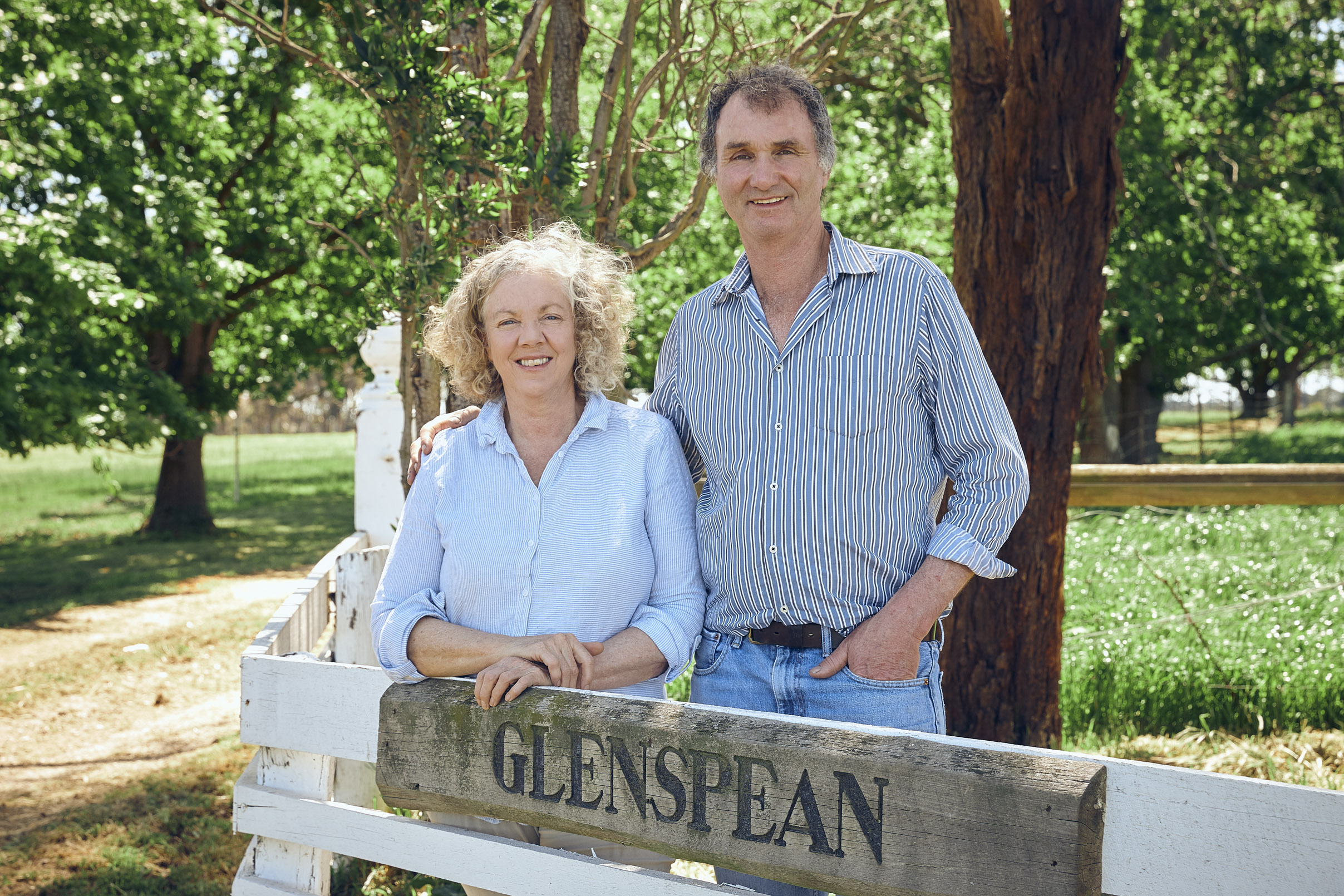There’s just something about locally made goats cheese and the team behind Meredith Goats Cheese make some of the best produce you can get your hands on.
Meet Julie Cameron, one half of the inspiration behind Meredith Goats Cheese in Victoria’s west.
Q: Why did you become a farmer?
A: Julie:
We were never not farmers. We both grew up on a farm mustering sheep, working in the wool shed, chipping weeds and doing tractor work.
Life living in a city is foreign, however Sandy and I both studied in the City, but the farm was home.
Even when we worked in the City, weekends were always on the farm. Our childhoods were about raising animals and having space to explore; creeks, the bush, paddocks and gum trees. It was always our intention to live on a farm and follow in our parents’ footsteps.
Q: Did you grow up dreaming of owning your own farm?
A: Julie:
As soon as we had jobs and income, we saved to purchase land and raise animals.
Farming has had its ups and downs, so to make farm life sustainable, we had to move away from producing commodity goods and investigated producing products on the farm that we could sell directly to consumers.
Q: Is it a family affair?
A: Julie:
Absolutely, there are three generations involved in the enterprise.
We have a Strategic Plan which sets out the tasks required to enable the farm and dairy to be a sustainable enterprise for the future generations to live on and prosper.
Q: If you went a farmer, what would you be?
A: Julie:
I imagine I would be working as an Environmental Scientist, as long as I could be with nature, I would be happy.
I am always amazed at how much nature can teach us about adaptability, perseverance, and resilience.
Q: What makes your product so special?
A: Julie:
Attention to detail. I want consumers to know we work really hard to ensure that our products are consistent and reliably good.
I could not be happy producing a product I wasn’t proud of.
I take comments about our cheese and yoghurts personally, (I once cried when I sold a whole blue cheese to a customer).
I think this is because the cheese today is a product of 30 years of dedication and continuous improvement, practise makes perfect.
We always use milk as fresh as possible, often straight from the milking parlour and this ensures the finished products are fresh and clean tasting with no unpleasant taints.
We use Australian ingredients. The taste we strive for requires the best available ingredients.
Q: What’s your farm doing to combat climate change?
A: Julie:
The Cameron family have always believed in Climate Change, understood the science behind a warming planet and its effects on our planet and our lives.
We’ve got a number of initiatives in place:
- Currently conducting a carbon energy audit of our entire enterprise;
- We plant 5,000 – 8,000 trees annually to sequestrate carbon;
- Use renewable energy, green power, solar power (100kw), biomass fuel and other initiatives to replace energy from fossil fuel;
- Build with renewable low carbon materials, for example timber;
- We have used biofuels and are investigating electric vehicles including a truck;
- We fund research including animal practises to reduce or prevent methane production.
Q: What role does technology play on your farm?
A: Julie:
Five years ago, we invested in DNA sampling and Genomics to enable us to determine Estimated Breeding Values (EBV) for all our production animals. This has enabled us to increase our average milk production by 20%. This has also enabled us to select the best breeding animals to grow a healthy herd.
Animal production data is collected continually and remotely, enabling computer analysis of changes in animal behaviour and milk production. This alerts us to a potential stress or health issue, which facilitates timely investigation. This ensures better health outcomes for the goats.
We are fortunate to have IT professionals on our team with the ability to develop software and apps. We use apps to enable rapid response to potential food safety risks, real time data collection and communication.
Our soils and weather conditions are monitored continually via a remote weather station. This facilitates better decision making for cropping activities, grazing times, sowing and harvesting.
We use GPS technology, no till and control traffic- tractor work. This prevents soil compaction, promotes soil health and we can sow crops into paddocks with retained stubble in the most efficient way.
We are funding the development of a vaccine to prevent Q Fever in our animals. We are also part-funding research in Q Fever surveillance, prevalence and prevention.
Q: What’s your favourite recipe featuring your cheese?
A: Julie:
Smashed avocado with crumbled marinated goats cheese.
I also make a simple goats cheese tart by combining goats cheese (chevre) with cream, egg and herbs to make a filling. It’s a very simple recipe and a family favourite.
Q: How do we get our hands own your product?
A: Julie:
We have worked hard to ensure our products are widely available, this includes corporate supermarkets through to farmers markets and tiny specialist stores.
We don’t have an online store, but our products are readily sold online by retailers who have developed online sales.
